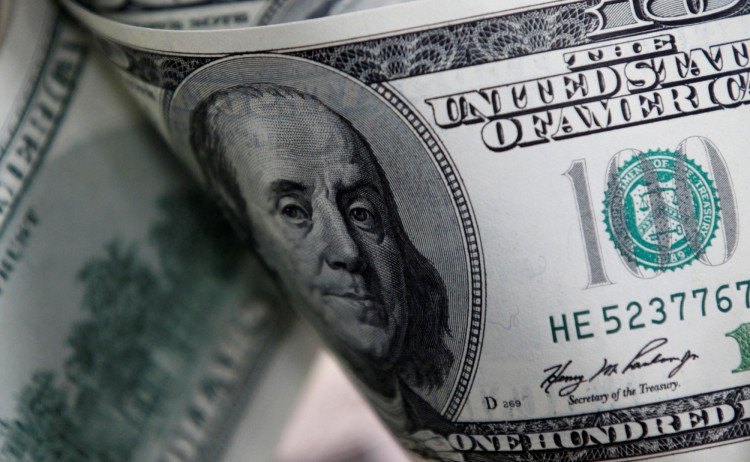As the Federal Reserve's interest rate meeting approaches, hedge funds are widely anticipating the FOMC to maintain its hawkish stance, showing optimism towards the U.S. dollar for the first time in six months.
Data from the Commodity Futures Trading Commission reveals that in the week ending September 12, major hedge funds held a net long position of 18,000 contracts in the U.S. dollar across the eight major currency pairs, compared to a net short position of 25,000 contracts the previous week. Concurrently, the euro experienced its most significant drop in long positions since January, following signals from the European Central Bank hinting at the completion of its rate hikes.
As of late July this year, hedge funds' net short positions in the U.S. dollar remained at a two-year high. However, a series of robust U.S. economic data releases have highlighted the strength of the economy. Many institutional investors believe that the Federal Reserve will hike rates once more this year, with subsequent rate cuts being consistently postponed.
The market widely expects the Federal Reserve to hold off on raising rates in its September meeting. However, dot plot predictions indicate that the FOMC might opt for one last rate hike this year with a slim majority of 10 to 9.
Additionally, as previously mentioned by Wall Street Journal, a survey conducted by the Financial Times and the University of Chicago's Booth School of Business found that 40 economists generally agree there will be at least one more rate hike this year.
Win Thin, the Global Currency Strategy Head at Brown Brothers Harriman in New York, stated in a report that with U.S. data remaining relatively strong, the upward trend of the U.S. dollar is likely to continue. He also mentioned that most economies holding monetary policy meetings this week will likely follow the European Central Bank's 25 basis point rate hike. Meanwhile, the European Central Bank indicated in its post-meeting statement last week that the current policy rates have reached levels conducive to bringing inflation back to target, implying the rate hike process has concluded.
The euro's weakening, combined with the Federal Reserve's "higher and longer" tightening policy, further solidifies the U.S. dollar's dominant position, prompting hedge funds to act accordingly.






